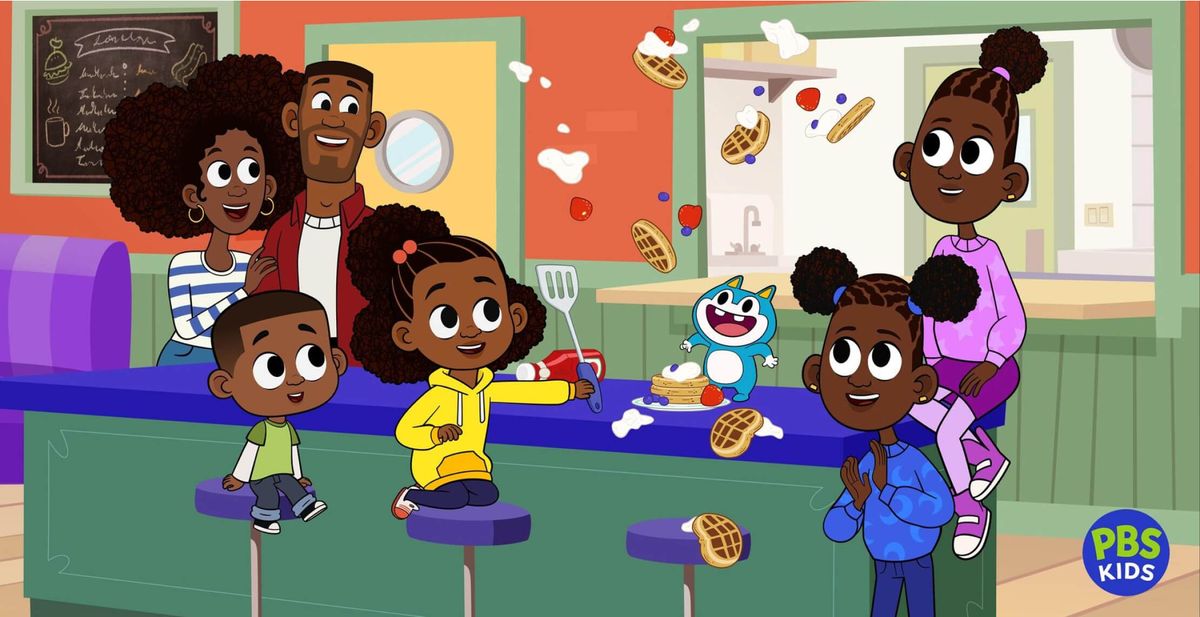
In 2024, PBS Kids plans to launch an animated series that interweaves traditional storytelling with AI-assisted interactive content. 'Lyla in the Loop', created by Emmy-winning producer Dave Peth, follows the everyday adventures of a curious 7-year-old named Lyla Loops. Beyond the standard episodes, PBS Kids intends to release digital interactive episodes employing AI to enable conversation between audiences and characters.
This marks new territory for PBS Kids, which has previously leveraged AI for game design but never for direct audience engagement in a narrative series. The interactive episodes are still in development with research partners at the University of California-Irvine and the University of Michigan. The underlying concept involves Lyla asking viewers questions and then leveraging AI to assist in understanding and reacting to the young viewer's responses.
Importantly, generative AI like those found in large language models like ChatGPT are not being used to generate responses—all responses will be pre-programmed by the series writers. Various machine learning algorithms are used to decode viewers responses and to help decide which pre-written response should be given. A rigorous review of children's learning and engagement will be conducted before these episodes are made available to audiences.
Alongside the AI-assisted conversation episodes, the digital package for 'Lyla in the Loop' will offer more content to kids, families, and teachers, focusing on amplifying the series' key messages and supporting experimentation with computational thinking skills.
The series will delve into various issues, ranging from everyday challenges to timely matters such as the responsible use of AI. In one episode, Lyla and her sister embark on an art project, and viewers will be gently introduced to current discussions about the ethical use of real-world AI tools.
Geared toward four to eight year-olds, the show aims to model flexible problem-solving and teach foundational computational concepts through lighthearted tales. With its blended format, the creators hope to not only entertain but also inspire creative thinking and experimentation in everyday life.
While the inventive use of AI represents a milestone for children's programming, questions are bound to emerge about the implications for audience engagement and educational outcomes. It prompts us to consider the varied roles that AI may play in media production and consumption. The challenge for content creators and educators alike will be to ensure that the technology serves as an enabler, rather than a distraction, in the mission to educate, entertain, and inspire our youngest generations.
Updated Jan 18, 2024: Added a correction that generative AI is not being used at any point in the process.

